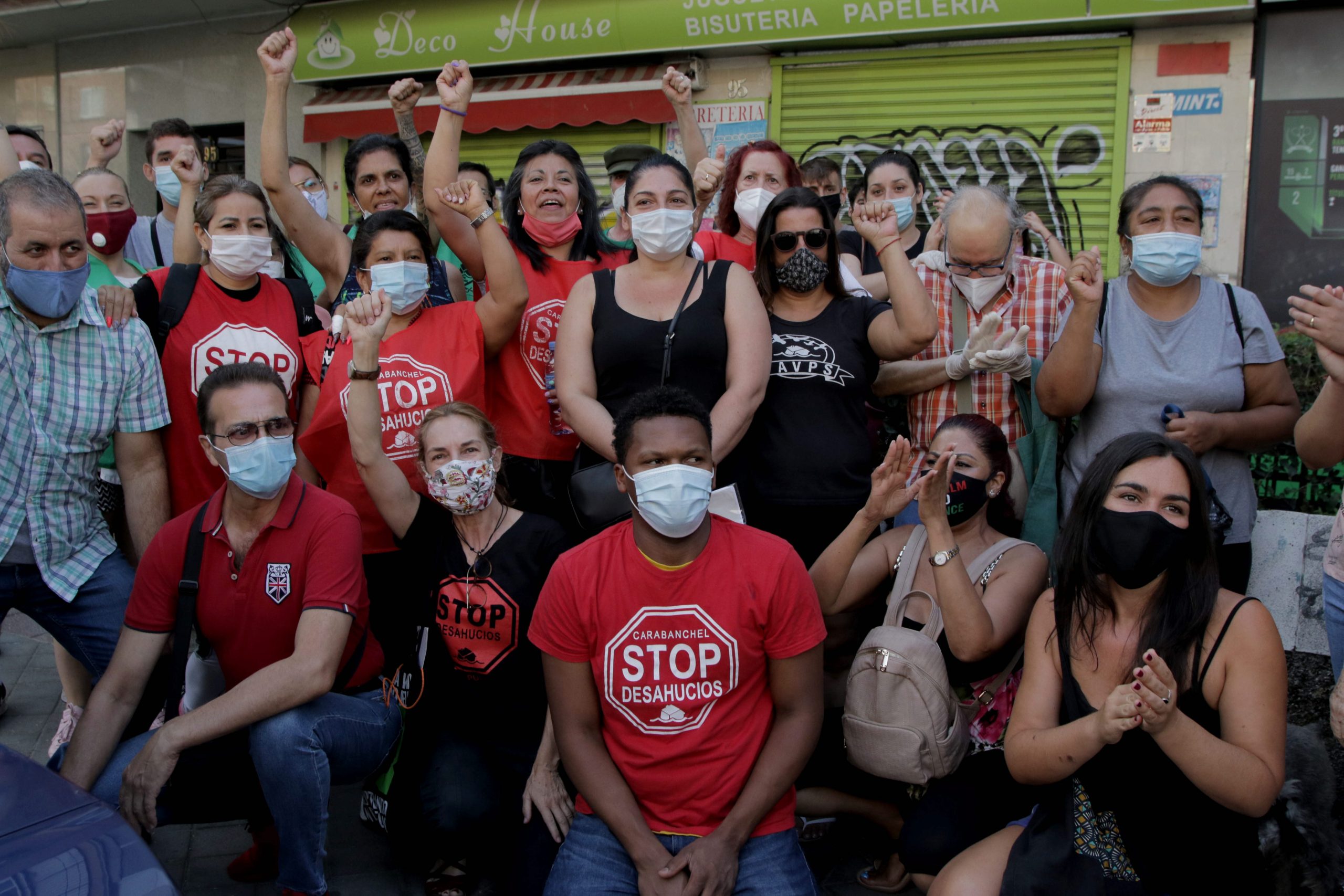ONE third of all residents in the Valencian Community living in rented accommodation are paying too much with regards to their income.
A new report by trades union Comisiones Obreras (CCOO) entitled ‘Rented housing in Spain’ warns that nearly a quarter of a million people currently spend more than 30% of their income on monthly rent payments.
This is leading a large percentage of these 244,900 citizens to be in a situation of high risk of poverty or social exclusion, according to CCOO.
On the other end of the scale, most property owners are said to have two or more houses on the market, while there is a growing interest on behalf of investment funds such as CaixaBank and Blackstone to cash in on the renting sector.
Official figures show that the Valencia region is leading the increase in rent costs in Spain due to demand being higher than offer, with prices doubling in the capital city over the last five years thanks to a boom in the foreign market.
Although prices have stabilised over the last few months, experts predict further hikes once the uncertainty caused by COVID blows over and tourism returns.

CCOO’s analysis of the statistics suggests that families who live in rented accommodation generally have more precarious economies and are forced to make an extra effort to meet excessive charges levied by an ‘inefficient and speculatory market’.
The report reveals that 26% of people who live in rented housing make no more than €14,000 a year, while 36% earn between €14,000 and €26,000 and 25% make €26,000 to €40,000 a year.
Meanwhile, the vast majority of landlords earn more than €40,000 a year and are at very low risk of poverty or exclusion.
Renting is still the first option for most young singles or couples who are unable to afford their own place, although it is gradually also gaining ground among 30 to 64-year-olds.
Click here to read more Valencian Community News from The Olive Press.








